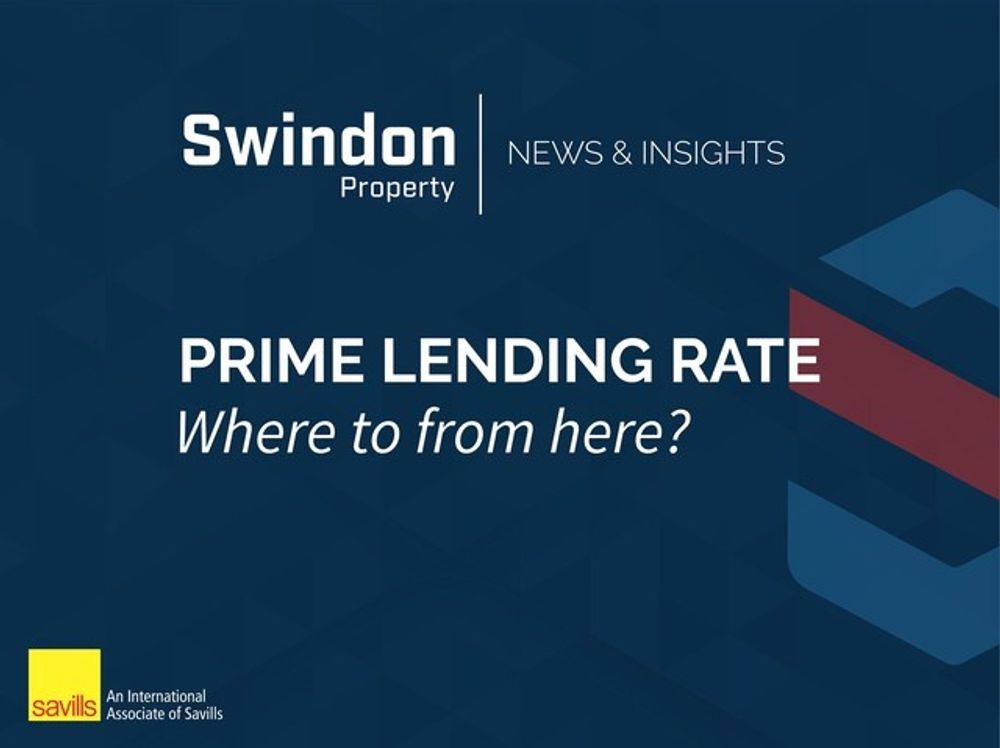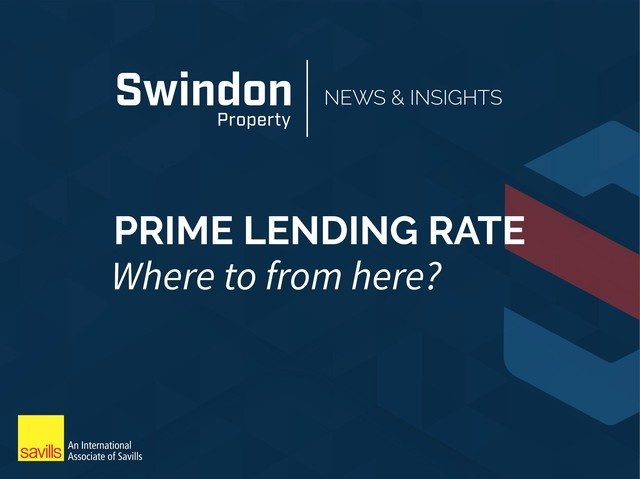The monetary policy committee will meet at the end of January to decide whether to increase the repo rate to achieve its inflation target. As the prime lending rate is linked to the repo rate, this decision is always eagerly awaited by property owners. Before we look forward to this announcement, it is useful to recap the movement of the prime lending rate over the last 18 months since the relaxing of the COVID-19 restrictions.
The table below shows changes and in steady increases in the prime lending rate from July 2020 to the last announcement in November 2022. The increases were initially only 25 basis points but since May last year, every increase has been 75 basis points, with the effect that the rate increased by a massive 50% over the last 18 months. November's increase was the seventh consecutive increase in a year.
By comparison, the annual average inflation rate in South Africa grew more than 50% from 4.5% in 2021 to 6.9% in 2022 but started slowly decreasing in the last quarter.
Nedbank chief economist Nicky Weimar told ENCA recently that the bank foresees at least two more rate hikes - albeit not as steep at just 25 basis points - within the first half of 2023, with interest rates likely to peak in March and possibly stay at that level as inflation gradually comes down.
The knock-on effects of these increases
"The effect of these dramatic escalations is felt directly by the commercial/retail sector as consumers have less disposable income," says Andrew Dewey, MD of Swindon Property. "This in turn puts pressure on lease terms. In addition, the increased cost of debt for mortgage bonds creates a ripple effect on property values with owner returns needing adjustment. From a brokering perspective, history has shown there is normally an approximate four to six-month lag on price adjustments, making it a tough time to trade in this lag period with Sellers still mandating on historical values and yields together with uncertainly on continued increases "
Tenants will also need to brace themselves for higher rental escalations as Covid concession terms are drawing to a close and the inflationary pressures and significant interest rate hikes places upward pressure on escalation rates, which have typically been in the 7 to 8 percent region post-Covid but we are now seeing leases concluded as high a 10% again on renewal or new leases. "
Long-term leases concluded over the last 18 to 24 months where the escalations were averaging 7-8% will create a stagnant to negative growth environment for investors as lending rates are predicted to reach 11% on initial debt in Q1 with gearing or bridging finance often priced even higher."



